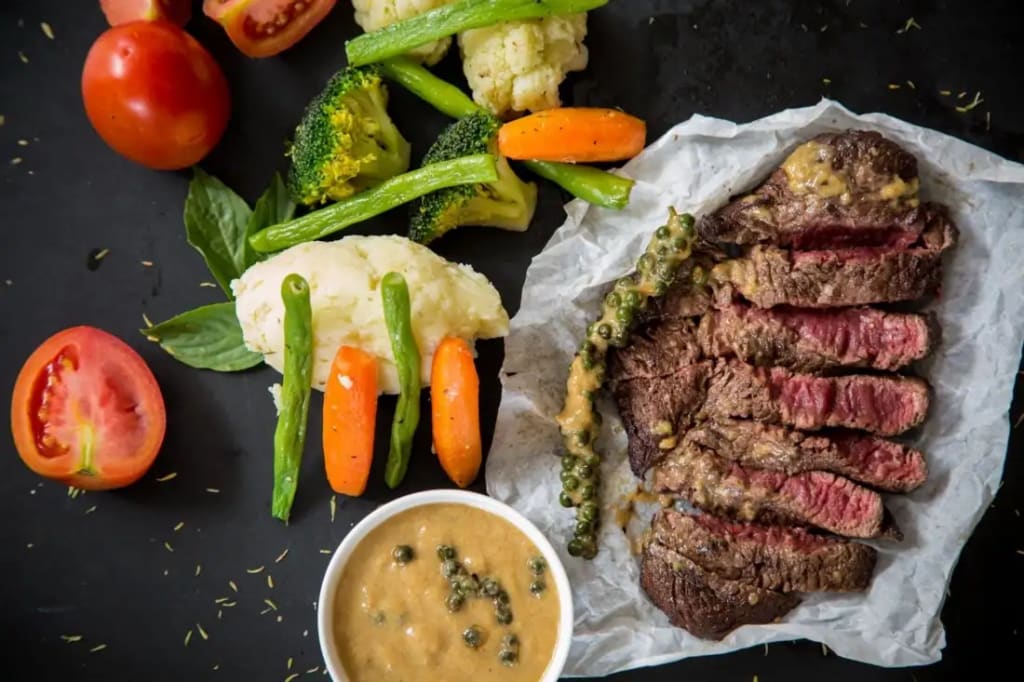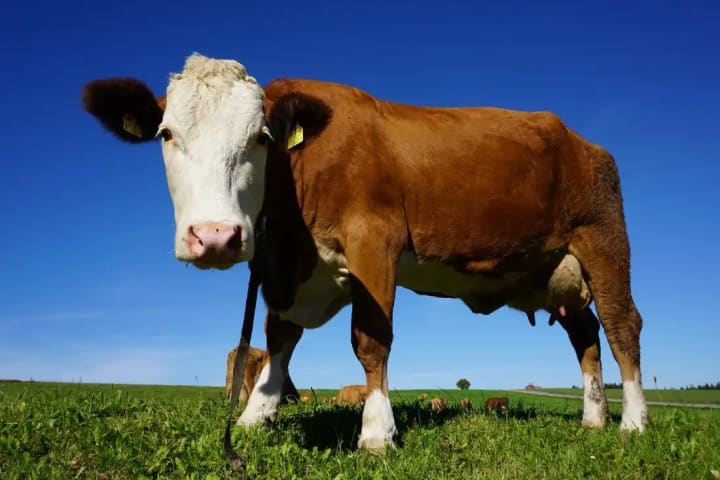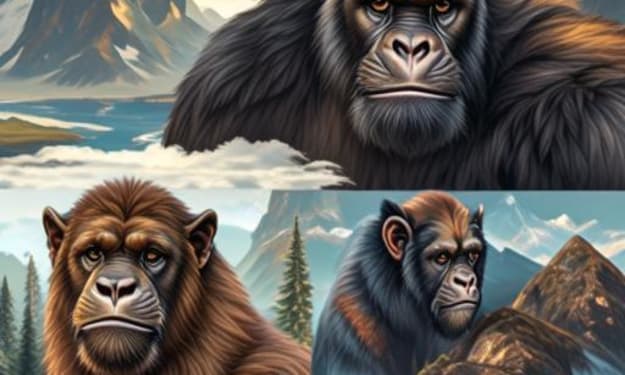Eliminate one ingredient from your diet and you will help the planet and the climate.
Adverse climate change is becoming more and more troublesome for people. But it only takes a small change in diet to reduce your carbon footprint by as much as 48 percent, researchers at Tulane University in the US have concluded.

If you eat beef, you are contributing significantly to climate destruction. Analysis shows that by giving up this meat in favor of other products, you can significantly change your carbon footprint. The results of the study by American scientists were published in the scientific journal The American Journal of Clinical Nutrition.
Carbon footprint and water footprint — what are they?
A carbon footprint is the entire amount of greenhouse gas emissions created by a product, whether directly or indirectly. It includes emissions of carbon dioxide, methane, nitrous oxide and other gases. In the case of meat, the carbon footprint is both the effects of breeding — that is, the production of the feed and the very functioning of the animal — and the slaughter, transport and processing of the product. The carbon footprint is converted into CO2 equivalents.
The carbon footprint is related to the water footprint. This is the amount of water required to produce a given product. In the case of meat, this is not only the water consumed by the animal, but also the water required to produce the animal’s feed.
Beef production is a huge burden on the climate
Beef has an extremely high carbon and water footprint. This is especially true for meat from factory farms, which are dominant in the US. These are fed corn- and soy-based feedstuffs. Producing one kilogram of beef requires as much as 15,000 liters of water.

In many countries, where many cows graze on meadows, water consumption and carbon footprint are smaller. But even so, cows emit significant amounts of methane — a very potent greenhouse gas — during their lifetimes.
A study conducted by a team from Tulane University found that industrially produced beef is eaten regularly by as many as 20 percent of Americans. If one could replace one serving of this meat with an alternative product, the benefits would be enormous.
The carbon footprint of that person’s diet would be reduced by 48 percent, and the water footprint by 30 percent.
"You can make a huge difference by just making small changes to your diet,” says Professor Diego Rose, one of the study’s authors.
If all Americans followed these recommendations, the savings for the whole country would be 9.6 percent for the carbon footprint and 5.9 percent for the water footprint.

Beef — what to replace it with?
Beef is highly valued by consumers. Much of it is consumed in ground form, for example in hamburgers or spaghetti bolognese sauce. Tulane University scientists propose that beef be replaced with ground turkey meat in such dishes. However, it would be much more difficult to substitute beef steaks.
The scientists also suggest other alternatives that are climate-friendly. Here are some examples:
- replacing shrimp with cod reduces the carbon footprint by 34 percent,
- replacing cow’s milk with soy drink reduces carbon footprint by 9 percent,
- replacing asparagus with green peas reduces the water footprint by 48
- replacing almonds with peanuts reduces water footprint by 30 percent.
Each of us can contribute to reducing greenhouse gas emissions. It's just a matter of whether we are able to part with our daily habits and eating routines.
Globally, agriculture is responsible for about a quarter of greenhouse gas emissions and up to 70 percent of clean water use. Global meat production continues to grow, according to the “Meat Atlas 2022” report, published by the Heinrich Böll Foundation in cooperation with the Institute for Sustainable Development.
Already read? Great! If you leave a comment or start following me I would be extremely grateful for it. You can also help me continue writing articles by donating a tip. Regards!






Comments
There are no comments for this story
Be the first to respond and start the conversation.